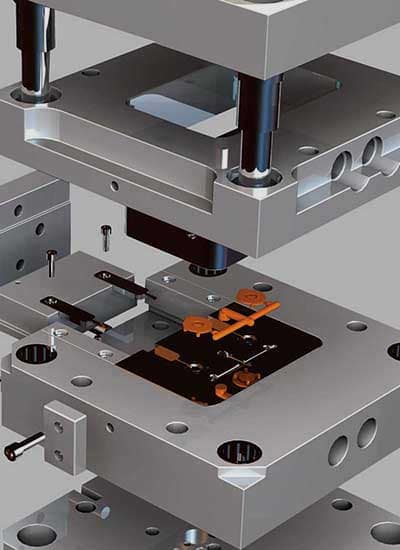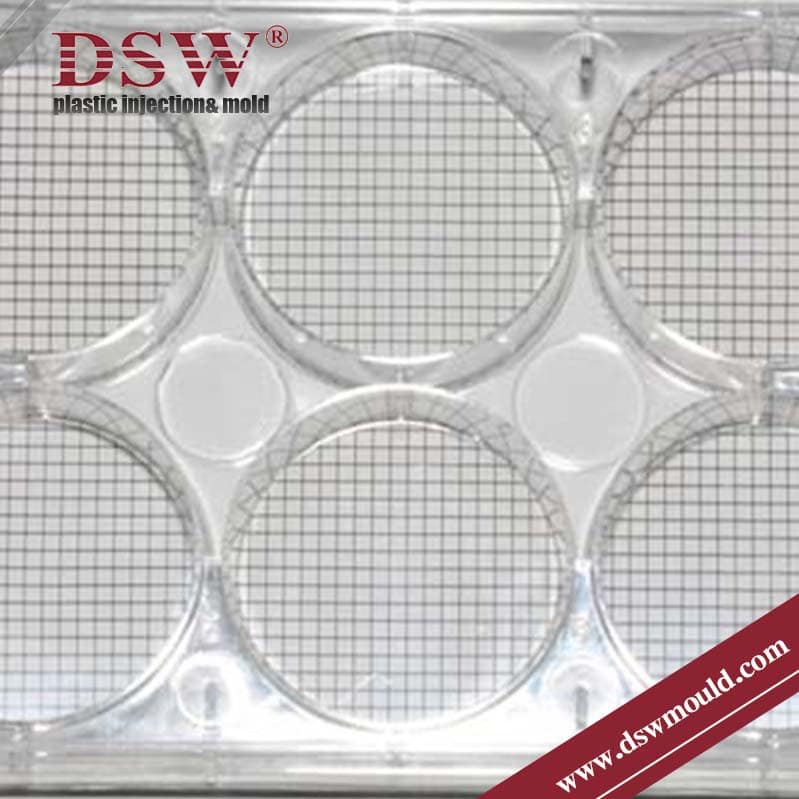Stainless Steel Enclosures
Stainless steel and sheet metal enclosures are durable, corrosion-resistant housings designed to protect equipment, instruments, and electronic components.
These enclosures, crafted using precision stamping molds, offer reliable protection for a wide range of applications.
We use 304 stainless steel for our enclosures, a high-performance alloy known for its strength, corrosion resistance, and versatility.
This premium material makes our enclosures ideal for environments that require robust and long-lasting protection. Each type of stainless steel has unique qualities based on its composition, allowing tailored options to meet specific needs.

Several types of metal enclosures
Metal Enclosure Box: Steel enclosures are rectangular or square-shaped enclosures with a hinged or removable cover. They offer a versatile solution for housing electronic components and can be customized with various cutouts and mounting options.
Rackmount Enclosures: Rackmount enclosures are mounted within standard equipment racks or cabinets. They are commonly used to house servers, networking equipment, audio/video equipment, and other electronics. Rackmount enclosures often have standardized dimensions to ensure compatibility with rack systems.
Chassis Enclosures: Chassis enclosures are open-frame structures that provide a framework for mounting and securing electronic components. It typically includes front and back panels with ventilation options, making them suitable for industrial and telecommunications applications.
Junction Box Enclosures: Junction box enclosures house electrical connections and wiring. They provide a protective enclosure for safely managing electrical connections and preventing exposure to moisture, dust, or accidental contact. Junction box enclosures are available in various sizes and configurations to accommodate different wiring needs.
Instrument Enclosures: Instrument enclosures are designed to house and protect sensitive instruments or measurement devices. They often have precise dimensional requirements and specialized features such as shielded compartments, removable panels for calibration, and openings for connectors and displays.
Wall-Mount Enclosures: Wall-mount enclosures are designed to be mounted directly on walls or vertical surfaces. They are commonly used for housing electrical control panels, distribution panels, security systems, or outdoor equipment. Wall-mount enclosures can be weatherproof or equipped with additional features for outdoor installations.
Sheet metal enclosures can be customized to meet specific requirements, including size, shape, mounting options, and additional features such as locks, hinges, or windows. They are commonly used in various industries, including electronics, telecommunications, industrial automation, transportation, and healthcare, where equipment protection and organization are essential.
Customization and Versatility
Sheet metal enclosures can be customized to meet specific requirements, including size, shape, and mounting options. Additional features like locks, hinges, or viewing windows enhance functionality. These enclosures are widely used across various industries, including:
- Electronics: Protecting sensitive devices from environmental hazards.
- Telecommunications: Housing critical networking equipment.
- Industrial Automation: Safeguarding machinery and control systems.
- Transportation: Ensuring equipment integrity in mobile applications.
- Healthcare: Protecting sensitive medical devices.














